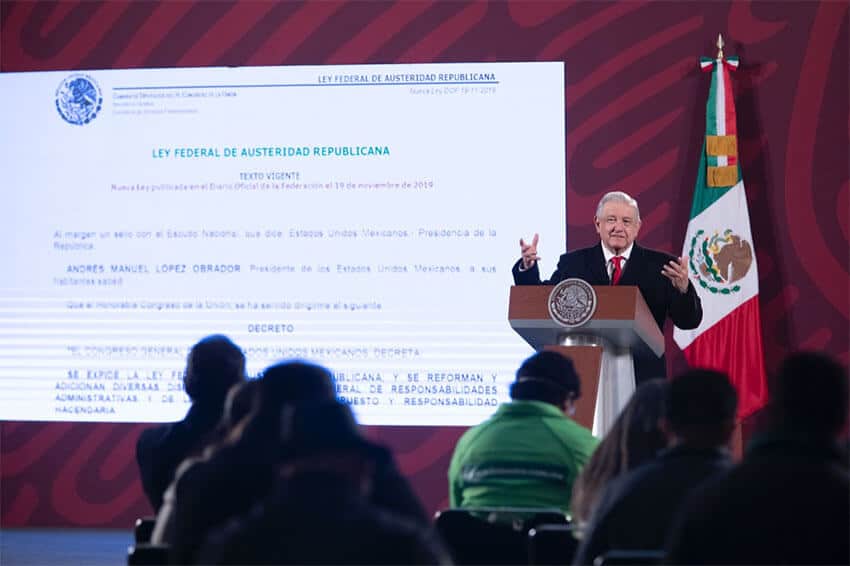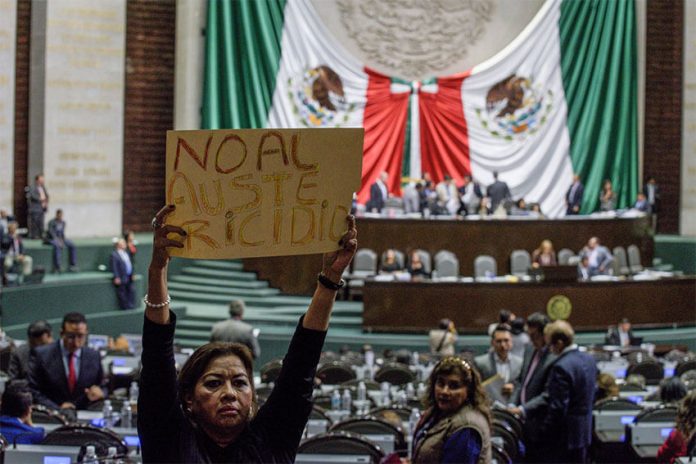A federal judge has ruled against a law that prevents former high-ranking civil servants from working in private companies they regulated for a period of 10 years.
Judge Abel Méndez determined that the provision in the Law of Republican Austerity that restricts ex-government workers’ employment options is unconstitutional as well as “unfair and excessive.”
The austerity law, which also puts limits on government spending, passed Congress in 2019.
Méndez ruled that the 10-year ban violates the constitutionally-enshrined right to freedom to work as well as the right to earn a living wage. The federal government announced it will challenge the decision.
The judge’s ruling, the first against the federal austerity law, came in response to an injunction request filed by a former federal official. He initiated the legal action after being rejected for a financial sector position because he left the public service less than a decade ago.

Méndez acknowledged that high-ranking civil servants’ experience and skills make them attractive employees for the private sector, but the 10-year prohibition adversely affects their chances of finding work.
José Ramón Cossío, a lawyer and former Supreme Court justice, told the newspaper El País that the constitutional right to freedom to work can only be restricted for “grave, serious reasons.”
“The judge took into account that this temporary restriction cannot be established because it’s not authorized in the constitution,” he said.
“It’s an unreasonable restriction, … it’s not understood what legal value is being protected,” Cossio said.
President López Obrador has repeatedly criticized former officials, including ex-presidents Felipe Calderón and Ernesto Zedillo, for taking up lucrative private sector positions after they left public life.
“It’s something despicable, it’s immoral,” he said last month.
Cossío said it was likely that the dispute over the legality of the 10-year ban will end up in the Supreme Court given that its validity depends on an interpretation of the constitution.
Prior to the approval of the austerity law, former high-ranking public officials were barred from working in companies they regulated or in which they could use privileged information to which they were privy in their government roles for five years.
The updated “cooling-off” period, one of the longest in the world, was criticized by opposition lawmakers when it passed Congress in late 2019.
With reports from El País
